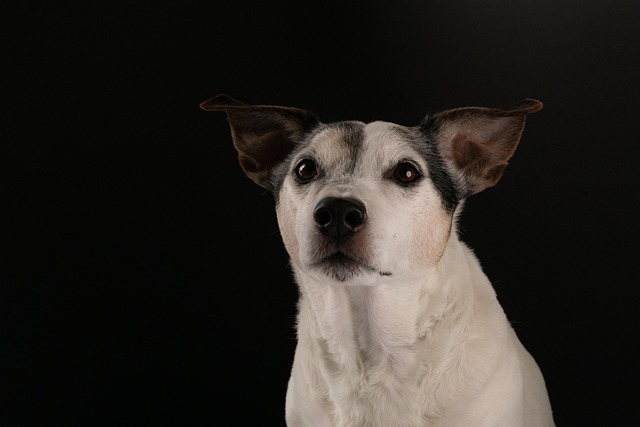
What is glaucoma in a dog?
You might notice your dog squinting more at mealtime or avoiding bright sunlight—these small changes could be early signs of a serious eye condition.
Dog gastroenteritis recovery time varies, but most pups start feeling better in 24 to 48 hours with proper care—though full recovery can take up to a week for more severe cases. First, pull back on regular food: vets often recommend a bland diet, like boiled chicken and white rice, served in small, frequent portions to ease their upset stomach. Skip treats or table scraps entirely during this period—even a tiny bite of cheese can set back their progress.
Always check if your area requires a vet visit for suspected gastroenteritis. Some regions mandate professional diagnosis if symptoms like bloody diarrhea or vomiting last more than 24 hours, to rule out contagious issues like parvovirus. Keeping a log of their symptoms (how often they vomit, stool consistency) helps your vet tailor treatment—and avoids potential fines for neglecting a sick pet.
Hydration is non-negotiable while your dog recovers. Offer small sips of water every 30 minutes, or try ice cubes if they refuse to drink—dehydration can worsen gastroenteritis and extend recovery time. If they’re still not drinking after 12 hours, call your vet immediately; they might suggest a electrolyte solution safe for dogs, available at most pet supply stores.
 Monitor their energy levels closely. A dog with mild gastroenteritis might still want to play fetch for a few minutes, but if they’re lying listless or hiding, it’s a sign they need more rest. Avoid long walks or trips to the dog park until they’re eating normally and their stool firms up—overexertion can slow down healing, turning a 3-day recovery into a 5-day one.
Monitor their energy levels closely. A dog with mild gastroenteritis might still want to play fetch for a few minutes, but if they’re lying listless or hiding, it’s a sign they need more rest. Avoid long walks or trips to the dog park until they’re eating normally and their stool firms up—overexertion can slow down healing, turning a 3-day recovery into a 5-day one.
Once symptoms ease, reintroduce regular food gradually. Mix a little of their usual kibble with the bland diet, increasing the ratio each day. If diarrhea or vomiting returns, scale back—this slow transition helps their gut adjust without triggering a relapse. Most vets advise waiting a full week before giving them their favorite crunchy treats again, to ensure their digestive system is fully back on track.
Watching your dog recover from gastroenteritis takes patience, but staying consistent with care and following local vet guidelines will get them back to their playful selves. If recovery drags on past a week, or if new symptoms pop up, don’t hesitate to reach out to a professional—catching small issues early keeps them from turning into bigger health problems. Your pup relies on you to help them heal, and a little extra attention goes a long way.

You might notice your dog squinting more at mealtime or avoiding bright sunlight—these small changes could be early signs of a serious eye condition.

Let’s set the scene: It’s a sweltering Phoenix afternoon—105°F outside—and you rushed your 2-year-old Lab mix, Cooper, on a quick walk to “get it over with.”

Let’s get real: You’re in your Miami apartment, watching your 3-year-old Corgi, Loki, struggle to climb the stairs to your second-floor unit.

Many dog owners brush off occasional scratching as just “dog behavior,” but persistent itching often signals something more—like a food allergy.

You might first notice your dog scratching more than usual—chewing at their paws until the fur looks thin, or rubbing their face against the couch nonstop.

Let’s be real: You’re standing in your Chicago apartment, watching your 3-year-old Beagle, Max, huff and puff just to climb onto the couch.